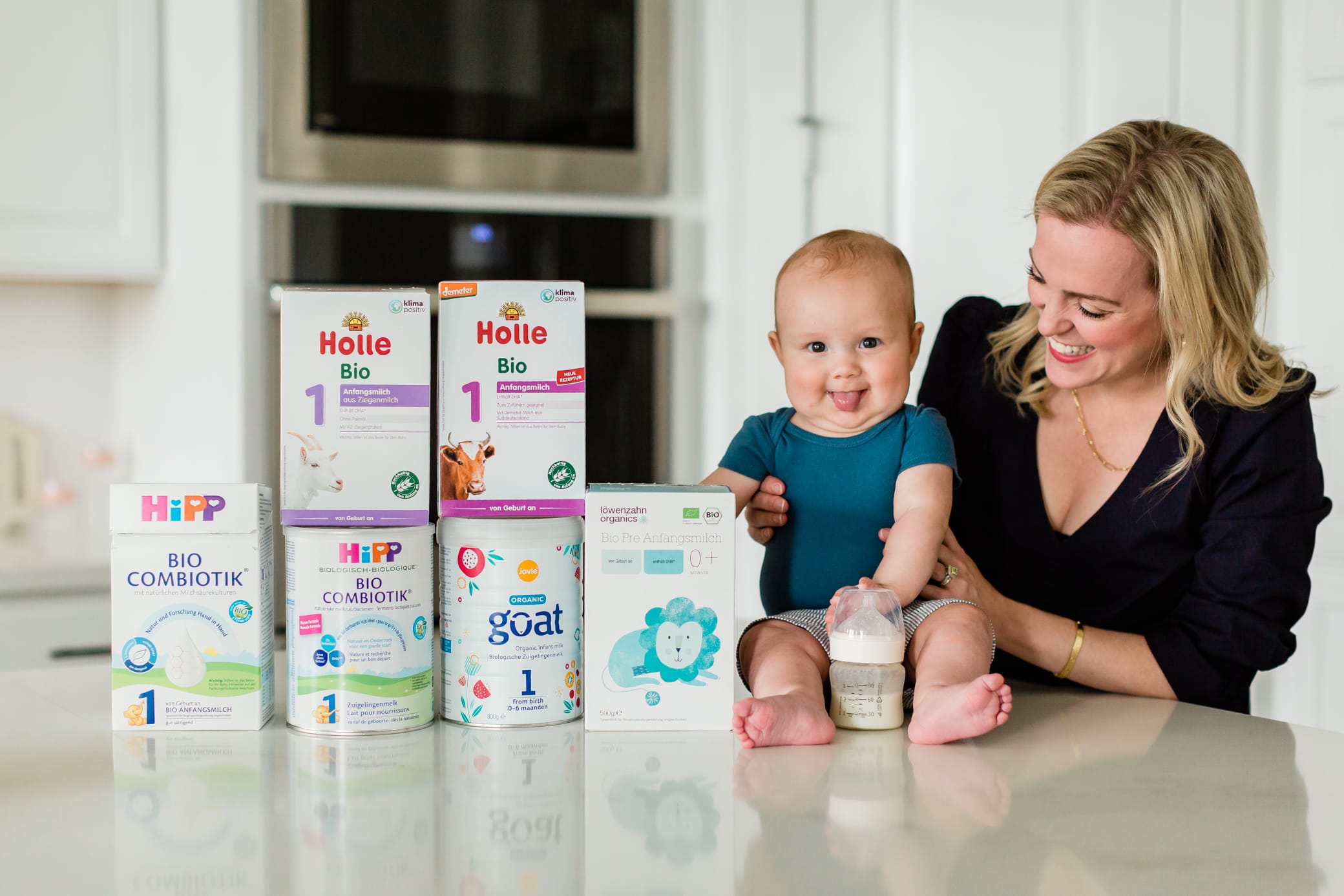Parenting in today’s fast-paced world often feels like navigating a labyrinth, with countless voices offering advice and a multitude of methods promising the “right” way forward. Amidst this cacophony, the Chelsea Acton Method (CAM) emerges not merely as another parenting formula but as a transformative philosophy.
This approach transcends traditional rules and reward systems, centring instead on understanding, respect, and true collaboration between parent and child, a refreshing antidote to the rigidity of conventional parenting norms.
Introducing the Chelsea Acton Method
The Chelsea Acton Method, the brainchild of Dr. Chelsea Acton, a distinguished child psychologist, sprang from her dual experiences as a researcher and a mother. Her insights, detailed in the popular book “The Chelsea Way: Revolutionizing Modern Parenting” and shared widely through social media, have ignited a movement.

CAM is more than a set of guidelines; it reimagines the parent-child relationship, grounded in empathy and mutual respect.
Core Tenets of the Chelsea Acton Method
At its heart, the Chelsea Acton Method revolves around several key principles that redefine parenting from the ground up:
- Emotional Understanding: CAM emphasizes the importance of genuinely tuning into your child’s emotional landscape. It is not just about hearing words; it is about truly listening and being present, validating their feelings without immediate judgment or correction.
- Respect for Individuality: No two children are alike, and CAM celebrates this uniqueness. Parents can better support their growth and development by recognising and nurturing each child’s strengths and challenges.
- Open Communication: CAM encourages open, honest, and ongoing dialogue. This is not about talking at your child but talking with them, creating a space where they feel safe to express themselves freely.
- Building Resilience: Fostering resilience is not about shielding children from every hardship but equipping them with the skills to face challenges head-on with confidence and independence.
- Community Engagement: According to CAM, parenting is not an isolated journey. Engaging with other families, sharing experiences, and building a support network are seen as integral to successful parenting.
Applying the Chelsea Acton Method in Everyday Life
Integrating CAM into daily routines transforms mundane tasks into opportunities for connection and growth. Here is how:
- Create a Safe Space: Ensure your child feels secure in expressing themselves, knowing they will be met with understanding rather than dismissal. This builds a foundation of trust and openness.
- Involve Them in Decisions: From planning meals to choosing family activities, involving your child in decision-making fosters a sense of agency and teaches critical thinking skills.
- Be Flexible: While structure is important, CAM advises adaptability. Some days call for routines; others require a more fluid approach based on your child’s emotional state.
- Practice Active Listening: Engage with your child without distraction. Listening actively means reflecting back what you hear and acknowledging their feelings, creating a dialogue rather than a monologue.
- Consistency is Key: CAM’s principles should be a constant thread in your parenting tapestry, whether during conflict or in play; maintaining a consistent approach rooted in empathy and respect solidifies your child’s sense of security.
The Benefits of the Chelsea Acton Method
CAM offers a fresh perspective on the parent-child dynamic, one that yields numerous benefits:
- Enhanced Communication: CAM bridges the communication gap between parents and children, fostering relationships built on mutual understanding and trust.
- Emotional Intelligence: By prioritizing emotional awareness, CAM helps children not only recognize their own feelings but also develop the skills to manage them effectively.
- Fostering Independence: CAM empowers children to think independently, make decisions, and confidently navigate the world.
- Stronger Parent-Child Bonds: Through shared experiences and open dialogue, CAM strengthens the emotional bond between parent and child, creating a nurturing and supportive family environment.
- Community Support: Engaging with other CAM families builds a community of shared learning and mutual support, enhancing the parenting journey.
ALSO READ: Teaching Empathy and Emotional Intelligence Through Positive Parenting
Challenges of the Chelsea Acton Method
Like any approach, CAM is not without its hurdles:
- Time and Effort: CAM demands a significant investment of time and energy, which can be challenging for busy parents. The rewards, however, are often proportional to the effort invested.
- Consistency: It can be difficult to maintain consistency in applying CAM principles, especially under stress. It requires commitment and patience to keep the approach steady.
- Balancing Flexibility: While CAM celebrates flexibility, finding the right balance between routine and adaptability can be tricky, requiring parents to adjust to their child’s evolving needs continually.
Real-Life Applications of CAM
Consider these practical examples of CAM in action:
- Morning Routines: Carve out a few moments to connect with your child instead of the typical rushed mornings. A simple chat about their day ahead can set a lasting positive tone.
- Homework Sessions: When it’s time for homework, don’t just supervise engage. Show interest in the subjects and tasks, offering guidance while encouraging independence.
- Mealtime Collaborations: Involve your child in planning and preparing meals. This shared activity imparts valuable life skills and reinforces their role within the family unit.
- Bedtime Rituals: Transform bedtime into a cherished moment of connection. Whether through reading, storytelling, or simply reflecting on the day, this time fosters a sense of security and belonging.
Tips for Succeeding with CAM
Success with the Chelsea Acton Method hinges on patience, positivity, and perseverance:
- Be Patient: Change does not happen overnight. Allow yourself and your child the grace to grow into this new way of interacting.
- Focus on Positives: Celebrate the small wins and progress, however incremental. Positive reinforcement can be a powerful motivator for both parent and child.
- Seek Support: Do not hesitate to reach out to other CAM parents. Sharing experiences and learning from one another can provide valuable insights and encouragement.
- Commit to Learning: Parenting is an ever-evolving journey. Continue to educate yourself through reading, attending workshops, or seeking expert advice to keep honing your approach.
Conclusion
The Chelsea Acton Method is not just a parenting style; it is a revolution in how we connect with our children. By championing understanding, respect, and resilience, CAM lays the groundwork for raising self-assured, emotionally intelligent individuals. It asks more of parents not just time and consistency, but a willingness to rethink long-held beliefs about parenting.
Yet for those who embrace it, the rewards are profound: deeper connections, stronger families, and children poised to thrive in an ever-changing world.
To know more, click here.









